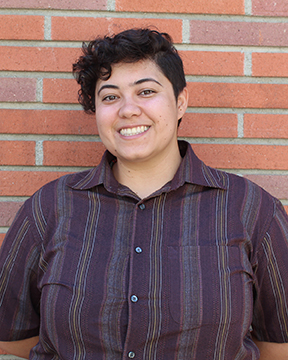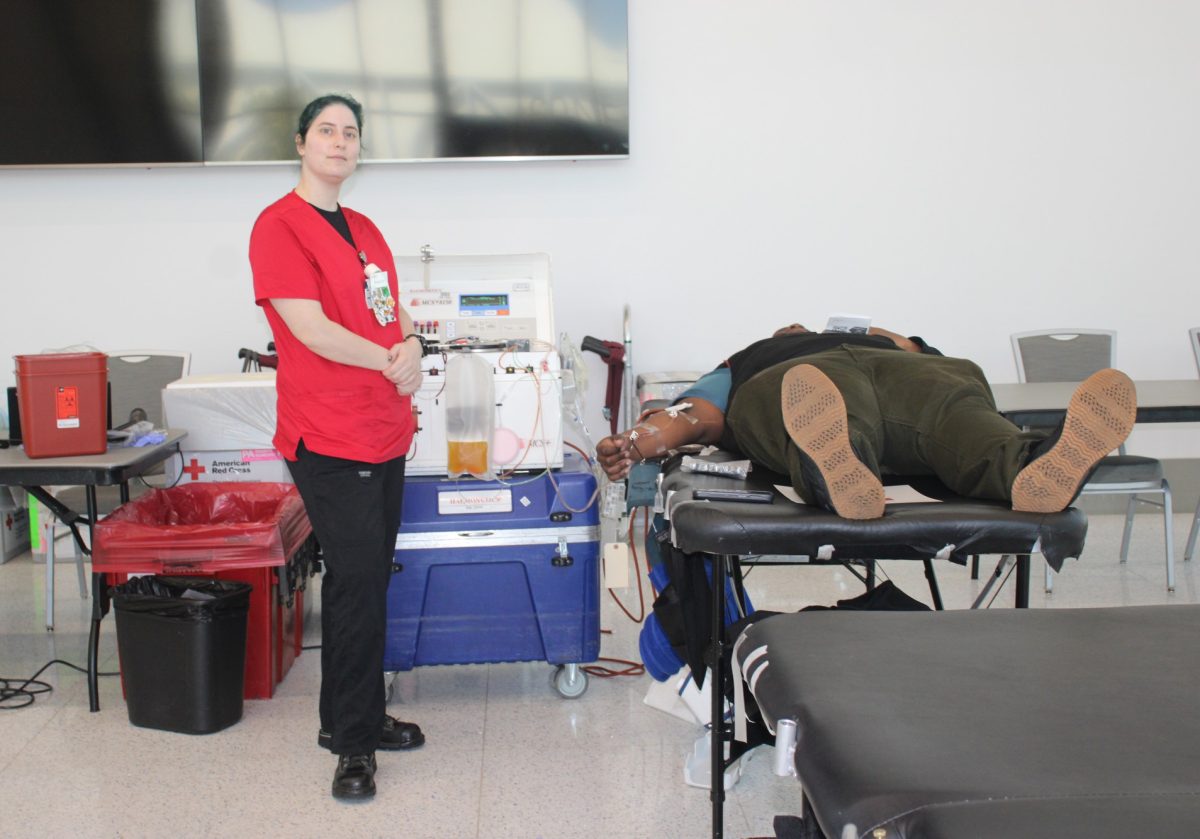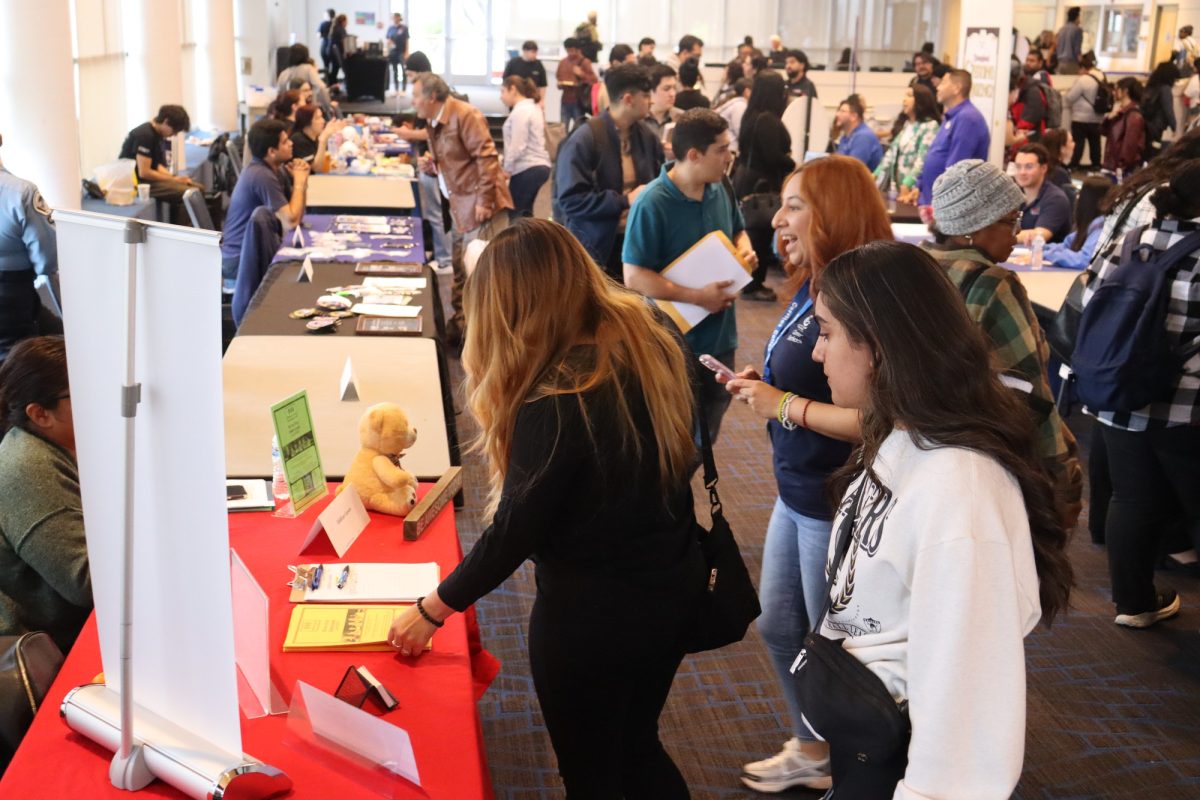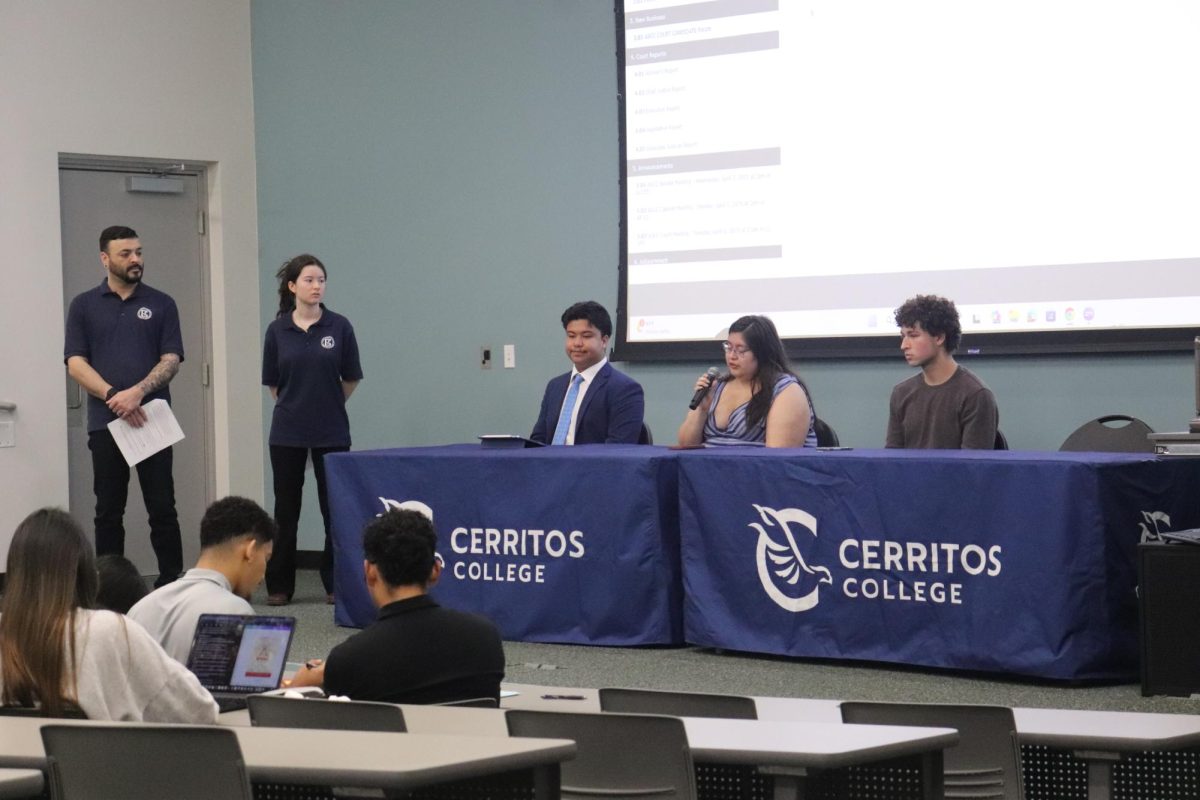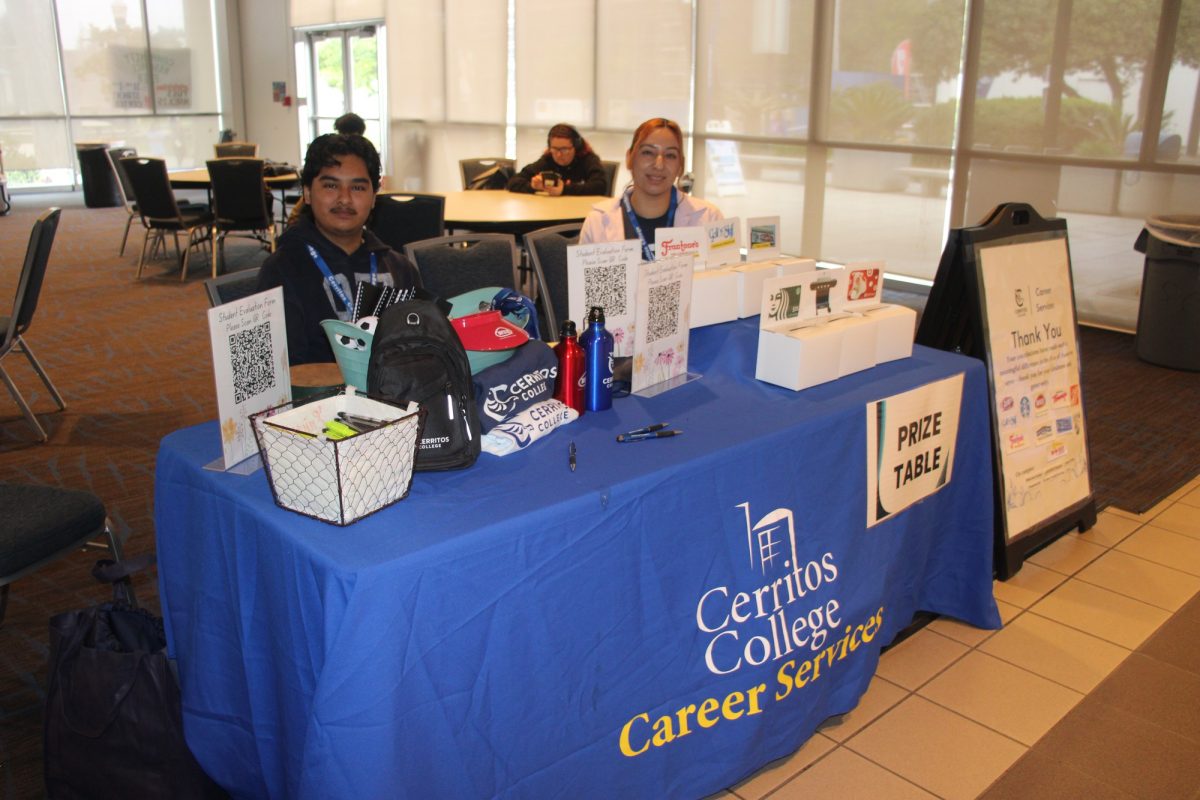Cerritos College and the Cerritos College Faculty Federation have been in negotiations for over a year said Stephanie Rosenblatt. Rosenblatt, president of the CCFF, explained that negotiations will continue until the District and Federation reach an agreement.
Before the end of the winter break the negotiation teams reached an impasse which caused tensions. Rosenblatt said that the winter break served as a “cooling off period” between the District and the CCFF.
On Jan. 7, 2019, the District contacted the Federation to reconvene and begin negotiations that would include salaries, health insurance, work load for full and part time instructors and many other items.
The new proposals on the CCFF’s side includes moving to the Resource Allocation Formula which the District opposes arguing that moving to a different funding formula would be a financial risk for the college.
Rosenblatt that they are all sharing the possible risks involved, but thinks that “it’ll help the Trustees feel like they’re being more fiscally responsible. We have this huge reserve because there were years when the money wasn’t spent.”
Rosenblatt thinks a possible reason the District was initially wary of the RAF was because “the [District] felt that they would be obligated to give money” that would deplete the reserves it currently has.
The RAF has been employed by other institutions; the CCFF says it shows the sustainability in switching to the new funding formula. The funding formula allocates the financial resources distributed on campus.
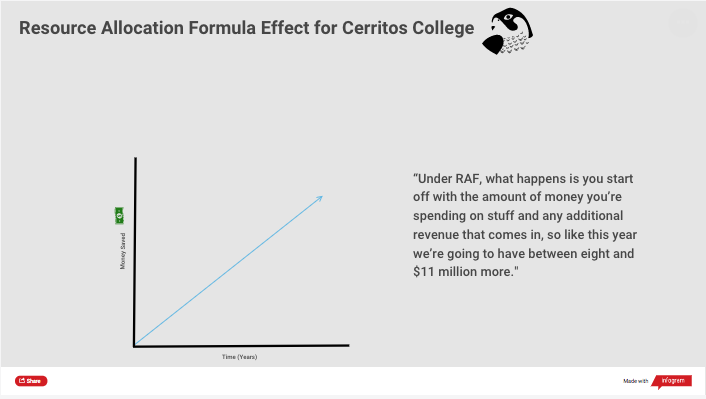
Rosenblatt said, “Under RAF, what happens is you start off with the amount of money you’re spending on stuff and any additional revenue that comes in, so like this year we’re going to have between eight and $11 million more.
“This would be allocated to the different constituencies on campus in a way that’s responsible. So, it’s sustainable for the college, but it also makes sure that the employees are being provided enough money to maintain their standard of living or to fix some inequities from the past.”
Gary Pritchard, dean of academic affairs and negotiator on the district’s side, emphasized that he could not comment on anything pertaining to the negotiations.
When asked for any comment he said, “No. I really can’t speak about negotiations, it is not my place.”
However, Rosenblatt remains hopeful and says that there is a possibility in adopting the new funding formula.
She said, “It feels like we’re a turning point and it could go pretty well, but we’ll see.”





